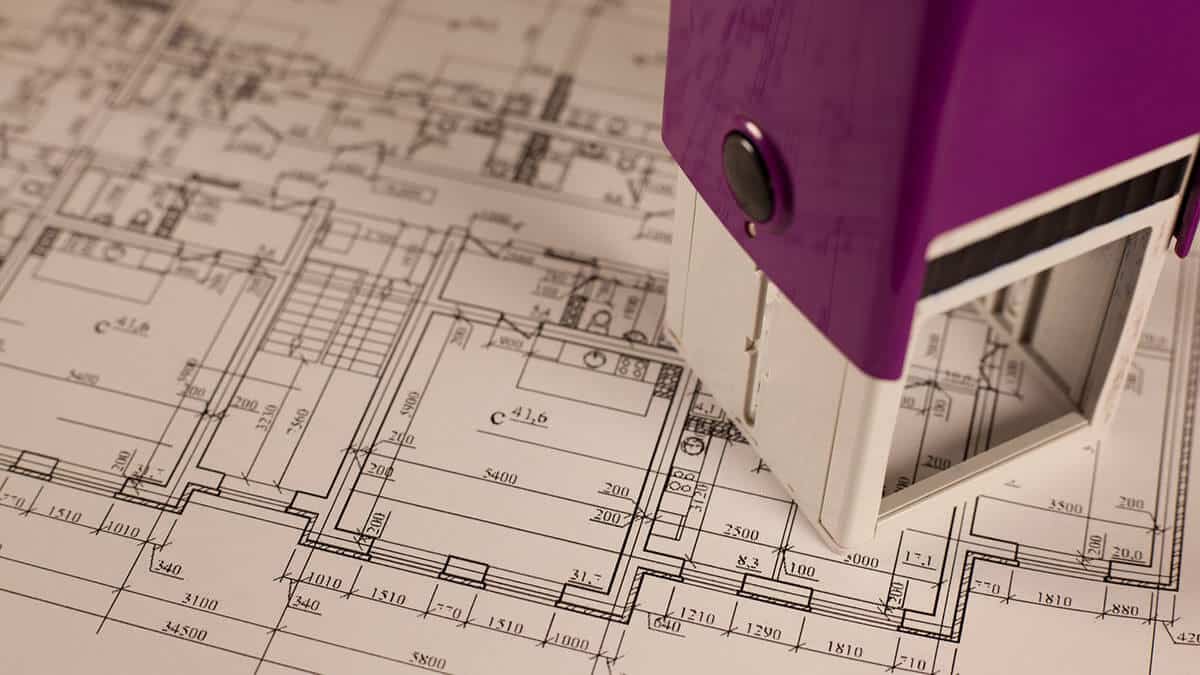
What To Know Before Buying a House With Unpermitted Work?

Having an Unpermitted work on your house means that you made upgrades that improve the value of your home are money well-spent if you’re thinking about selling your home down the road. But remember, not every renovation is as easy as simply doing the work, whether you DIY or hire a contractor. Some projects require a permit before they can begin. Selling a house without obtaining the proper permits could dramatically affect its marketability and even hinder the buyer’s ability to secure financing for their purchase which of course can be avoided with a cash offer but let’s assume that you went the old way.
Even if the work was done before you ever lived there, failure to disclose it to buyers could lead to legal headaches if they find out about it post-sale. But don’t panic—unpermitted work is pretty common, and there’s certainly plenty you can do to help mitigate the situation.
We turned to Realtors and translated the legalese from real estate attorneys to help you understand your situation. The following are some of the best options for selling a house with unpermitted work:
Get your fair cash offer in 30 seconds
We make 200+ offers every day nationwide in every US city
Dangers of Unpermitted Work: Things to Know
DIY Gone Wrong
Unpermitted work on a house can pose severe risks, most of which outweigh any probable advantages that one may enjoy. Finding out that a house has unpermitted renovations should raise an automatic red flag in the mind of the buyer. Without permits and documentation, it cannot be determined whether the work was done by a professional or some inexperienced guy from down the street.
Even though everything may seem perfect, there might be hidden issues that the ordinary home buyer would not necessarily detect. These unseen problems gradually deteriorate and start causing very expensive repairs later on. This is the reason it is important to hire professional home inspectors before buying any home, even if you are interested in a fixer-upper. Knowing the full extent of risks, potential costs, and required repairs will let you come up with an informed decision.
Homeowner Liability for Fines
Any person buying a home with work that was done without the necessary permits takes on the responsibility for that work. You will be liable, even if at the time of buying the home, you were not aware of this fact. That is why detailed research and hiring qualified professionals are so important.
Depending on where the fault lies, you may be ordered to undo the unpermitted renovations if the city so dictates. You could also be assessed fines ranging from $500 to more than $5,000 depending on your local laws and ordinances; you can even be prosecuted under state statute in some jurisdictions.
Risks of Unpermitted Work to Homeowners Insurance and Mortgage
Homeowners Insurance Won’t Pay
While most things one might be concerned about with their home are covered by homeowner’s insurance, it does not cover everything. Specific exclusions like earth movements, neglect, and water damage alone can become large problems in cases of unpermitted work in your home.
If you’ve finished or modified parts of your home without first obtaining the necessary permits, ensuing damages can be viewed as negligence. Your insurance might then refuse to pay for coverage for said damages, leaving you to fund the repairs on your own. At worst, some insurance companies could simply drop your property from coverage, leaving you to bear even more significant financial responsibility.
Mortgage Lenders Can Request Repayment
While selling a home with unpermitted work is not illegal, this situation does complicate your relationship with the mortgage lenders. A buyer who knowingly buys a house that contains unpermitted work that was never brought to their attention may have the mortgage company asking for the loan to be paid in full when the situation comes to light. This could create an impossible situation for the buyer to be in and even kill the sale.
Unpermitted Work Can Stop the Sale
Unpermitted work can become a major problem if you are trying to sell your home. For instance, if unpermitted renovations are discovered when closing is about to take place, it can be appraised way below what is expected. For this reason, the mortgage lender may decline the loan for the buyer.
Further, buyers may request that a seller retroactively obtain the necessary permits or remove or correct the unpermitted work before they will agree to sign a purchase agreement. These demands can delay or kill a sale.
How to Identify Unpermitted Work on a Property
The risks associated with unpermitted work shouldn’t deter you from purchasing your dream home, but it’s essential to approach the situation carefully and seek professional advice.
Steps to Discover Unpermitted Work
Seller Disclosure: Sellers are required to disclose any unpermitted work done on the property. This is your first line of defense in identifying potential issues.
Hire Pros: Hiring a seasoned home inspector and a knowledgeable real estate agent can further aid in unmasking more problems that are not easily visible.
Check Permit Records: Stop by your city’s permit office and ask to see the property’s permit records. The permit records should show if the home was built to code according to the issued permit. If it doesn’t match, that could be a sign of unpermitted work.
What to Do If You Uncover Unpermitted Work
If your home inspector or real estate agent finds unpermitted work, you have these options:
Inspection Contingency:
You can add an inspection contingency to your purchase agreement to protect yourself from potential safety hazards or unpermitted additions.
This means you have the right to have the home inspected within a specific time frame and allows you to negotiate for repairs or even walk away from the contract based on any findings.
Renegotiate the Price:
If time is of essence, you can renegotiate the purchase price to defray the cost associated with obtaining permits or removing unpermitted work. Explain to the seller that a reduction in the asking price is necessary to reflect the costs that will be incurred.
Request the Seller Correct the Problem:
If you can afford to wait, you may want to request the seller correct the problem by:
- Obtaining the required permits now.
- Abating or correcting the unpermitted work.
- This practice reduces your liability, but it can also result in the seller refusing or delaying the sale.
Unpermitted Work in Homes: FAQs
Must You Inform an Appraiser of Unpermitted Work?
Yes, you must inform the appraiser of this as a seller. Unpermitted work can reduce the appraised value of the home, which may impact the buyer’s ability to secure a loan.
How to Get a Permit After the Fact?
The actual procedure varies from one municipality to another, but it’s going to almost always include the following steps:
- Notifying your local permit office
- Filling out an application
- Scheduling and passing an inspection
- Making any required alterations
- Paying any permit fees involved
Do Home Inspectors Look for Unpermitted Work?
Yes, home inspectors are trained to look for unapproved construction and other red flags for buyers prior to making a purchase.
Can You Finance a House with Unpermitted Work?
This may be possible, but it’s subject to state laws and lender policies. Local ordinances should be consulted to understand what is permissible.
Can You Sell a House with Unpermitted Work?
Yes, you can, but you will have to disclose unpermitted work to the buyers. It’s always the seller’s responsibility to obtain and close out any permits before the buyer signs the contract.











